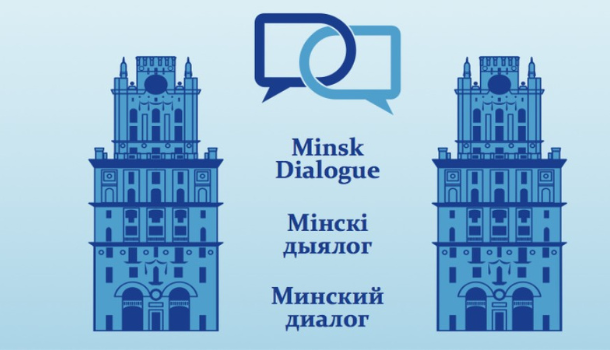|
Organisers: |
Minsk Dialogue Council on International Relations and the Embassy of the Republic of Kazakhstan in the Republic of Belarus |
|
Working language: |
Russian |
|
Format: |
Expert discussion under the Chatham House Rule (welcome remarks open to the media) |
|
|
|
Concept
The progressing transformation of the system of international relations towards greater polycentricity manifests itself, among other things, in the expanding role of regional multilateral organisations. A trend dominates that increases the disunity and conflict between blocks of states. However, most countries and societies are objectively interested in reducing the intensity of conflict and associated security risks. This can only be done through maintaining and adapting mechanisms of international cooperation.
The specific characteristics of the Shanghai Cooperation Organisation provide unique opportunities both for protecting the common interests of the member states amid international tensions and for finding common ground and building contacts with non-SCO states.
During the discussion, the experts will offer their assessments of mechanisms and approaches that can increase the SCO’s bridging potential with a view to reducing geopolitical tensions in Eurasia. They will also share expectations regarding Belarus’s upcoming accession to the SCO as a fully-fledged member.
Agenda
|
10.00-10.15 |
Welcome remarks
Erlan Baizhanov Ambassador Extraordinary and Plenipotentiary of the Republic of Kazakhstan in the Republic of Belarus “Priorities of Kazakhstan’s SCO chairmanship”
Yauheni Preiherman Founder and director, Minsk Dialogue Council on International Relations
|
|
10.15-11.15 |
Session 1. The SCO’s unique added value in the world of equal blocks of states (political and diplomatic issues).
Moderator Yauheni Preiherman Founder and director, Minsk Dialogue Council on International Relations
|
|
11.15-12.15 |
Session 2. SCO as a tool for maintaining an open world economy (economic and legal issues).
Moderator Alisiya Ivanova Analyst, Minsk Dialogue Council on International Relations |


